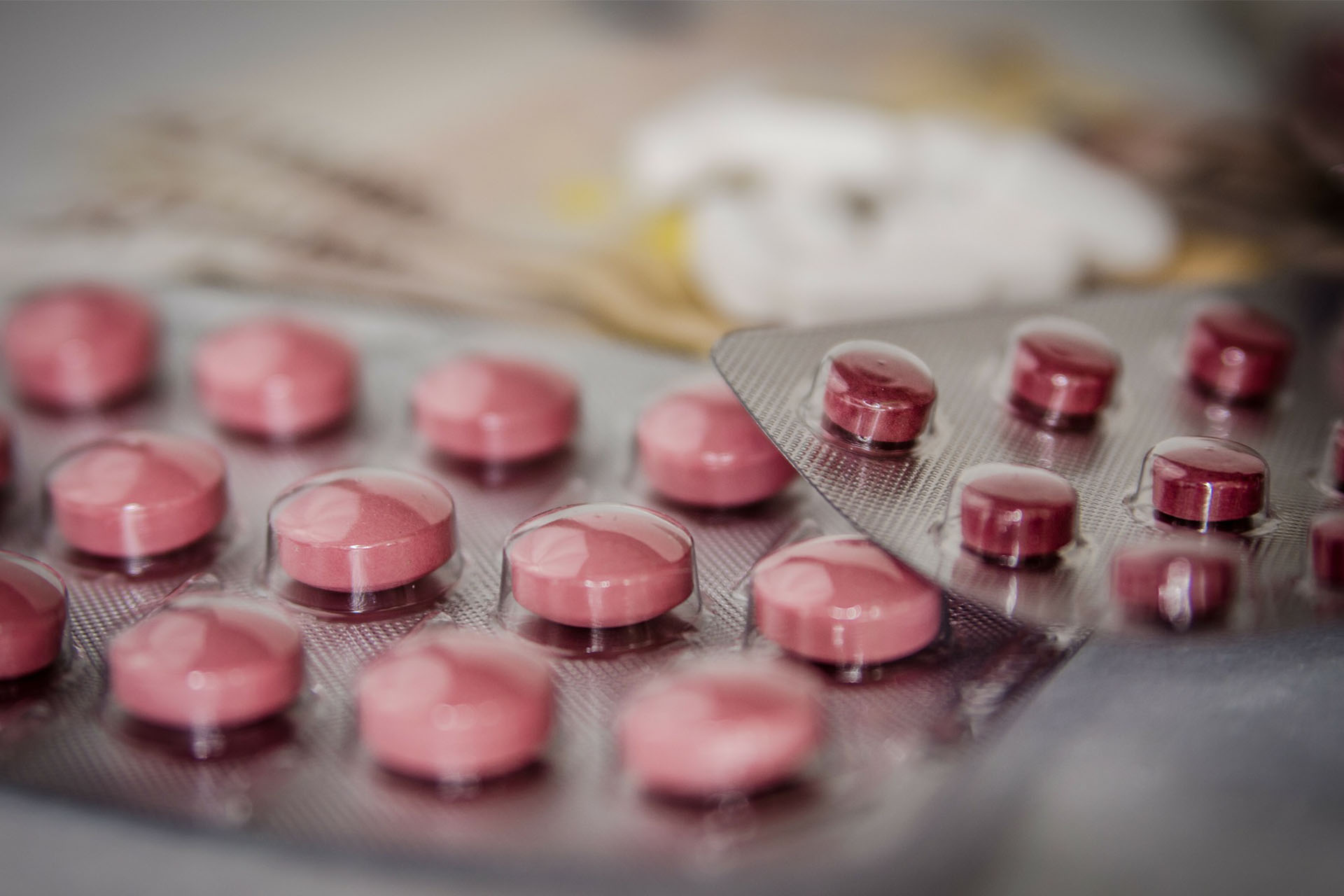Nothing is worse than having a screaming headache and reaching for a pain reliever to realize you are all out. Some over-the-counter (OTC) medicines are so often needed, it makes sense to always have them on hand. But there are others that could help in an emergency. We have a list of the top 10 medicine cabinet essentials you should be sure to keep in stock at home.
10 OTC Medicines to Have Handy
1. Ibuprofen/Acetaminophen
These pain relievers are must-haves not only for headaches and other common discomforts but also as a fever reducer. Non-steroidal anti-inflammatory drugs (NSAIDs) like ibuprofen can also reduce inflammation and are great for muscle soreness. Many people have sensitivities to one or the other, and there are some medical considerations with each; for example, pregnant women are generally advised to avoid NSAIDs, while those with liver disease should be cautious with acetaminophen use. For these reasons, having both on hand can ensure there is a pain reliever for whoever needs one.
2. Aspirin
Aspirin gets a category of its own, as it is a great pain reliever for adults but also can help in emergencies. According to the American Heart Association, aspirin is a common medication given by emergency services personnel during a suspected heart attack. It is in no way a treatment for a heart attack and should only be taken after 911 is called. Be aware, aspirin could be harmful to children, so consult a doctor before giving it to someone under the age of 18.
3. Antihistamine
Antihistamines treat allergic reactions like itching, hives and a stuffy nose. Keeping both a pill and liquid form can be helpful during a more serious allergic reaction. Antihistamines are not a substitute for epinephrine injection (EpiPen).
4. Decongestant
A decongestant is a cold staple to help relieve sinus pressure and allow better airflow through the nose. These medications are available in daytime and nighttime formulas, and we recommend having both at the ready to help get through a cold.
5. Cough Suppressant
There are two popular types of cough suppressants: dextromethorphan (for dry coughs) and guaifenesin (for productive, or “wet,” coughs). These also come in day and night versions, which can help you get much-needed sleep while sick.
6. Antacids
Having antacids on hand for the quick relief of heartburn is key. Also having bismuth subsalicylate (Pepto-Bismol and its generic forms) for nausea and indigestion is helpful.
7. Laxatives/Anti-Diarrheal
Other digestive issues like diarrhea and constipation can come on or worsen quickly, meaning having medicine there when it does happen is important. A stool softener is a type of nonstimulant laxative that works more gradually but naturally, making it a good first-line option for mild or occasional constipation.
8. Motion Sickness Pills
For anyone who suffers from motion sickness, having these pills readily available is very important. This may be one that lives both in the medicine cabinet and the car, as it can make a huge difference on short trips and long travels—by land, air or sea.
9. Antibiotic Ointment
When treating cuts and scrapes, having an antibiotic ointment in the medicine cabinet to apply to the wound can help prevent infection. Use hydrogen peroxide to clean the wound first, which should also be in your stash.
10. Calamine Lotion
Scratching can make a rash or insect bite worse and spread infection. Calamine lotion can soothe itchy skin and discourage scratching.
If you have any questions about what medications are important to have on hand, don’t hesitate to ask your health care provider or pharmacist.

